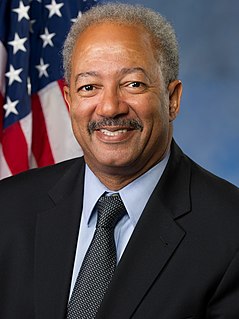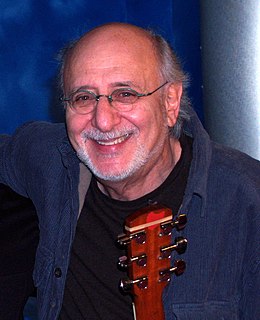A Quote by Michael Moore
If we didn't have Social Security, our seniors would live mostly in poverty. You'd have another 18 million people in poverty.
Related Quotes
Imagine a country where the vast majority of seniors live in poverty, a country where for many there are no golden years, but a time of struggle and dependence. That was the United States before the creation of Social Security, which has proven to be one of the most effective and important government programs in our history.
Stand up for our sick. Stand up for our veterans. Stand up for the elderly. Protect things like Social Security. Stop allowing people to stick their hands in the cookie jar. Create opportunities for people who live in poverty to elevate themselves out of poverty with a hand up, not a hand out. That's what being a Democrat is!
Poverty is a strange and elusive thing. ... I condemn poverty and I advocate it; poverty is simple and complex at once; it is a social phenomenon and a personal matter. Poverty is an elusive thing, and a paradoxical one. We need always to be thinking and writing about it, for if we are not among its victims its reality fades from us. We must talk about poverty because people insulated by their own comfort lose sight of it.
Inevitably, people tell me that poor folks are lazy or unintelligent, that they are somehow deserving of their poverty. However, if you begin to look at the sociological literature on poverty, a more complex picture emerges. Poverty and unemployment are part and parcel of our economic order. Without them, capitalism would cease to function effectively, and in order to continue to function, the system itself must produce poverty and an army of underemployed or unemployed people.
We draw many benefits from globalization that people take for granted. Poverty has been reduced massively around the world. If you look at the Chinese numbers, it is quite mind-boggling: 700 million people taken out of poverty in a matter of 40 years, the poverty rate having moved from over 30 per cent from hardly six per cent now. That would not have happened if there had not been globalization.
I can't help but react to the painful realities of the two-tiered society we live in, where the signs of poverty and inequity are everywhere. Almost twenty five percent of our children live at or below the poverty line. We expect the no-option life cycle of the poor to be interrupted by the weak social safety net and then wonder why building more jails doesn't solve the problems.




































